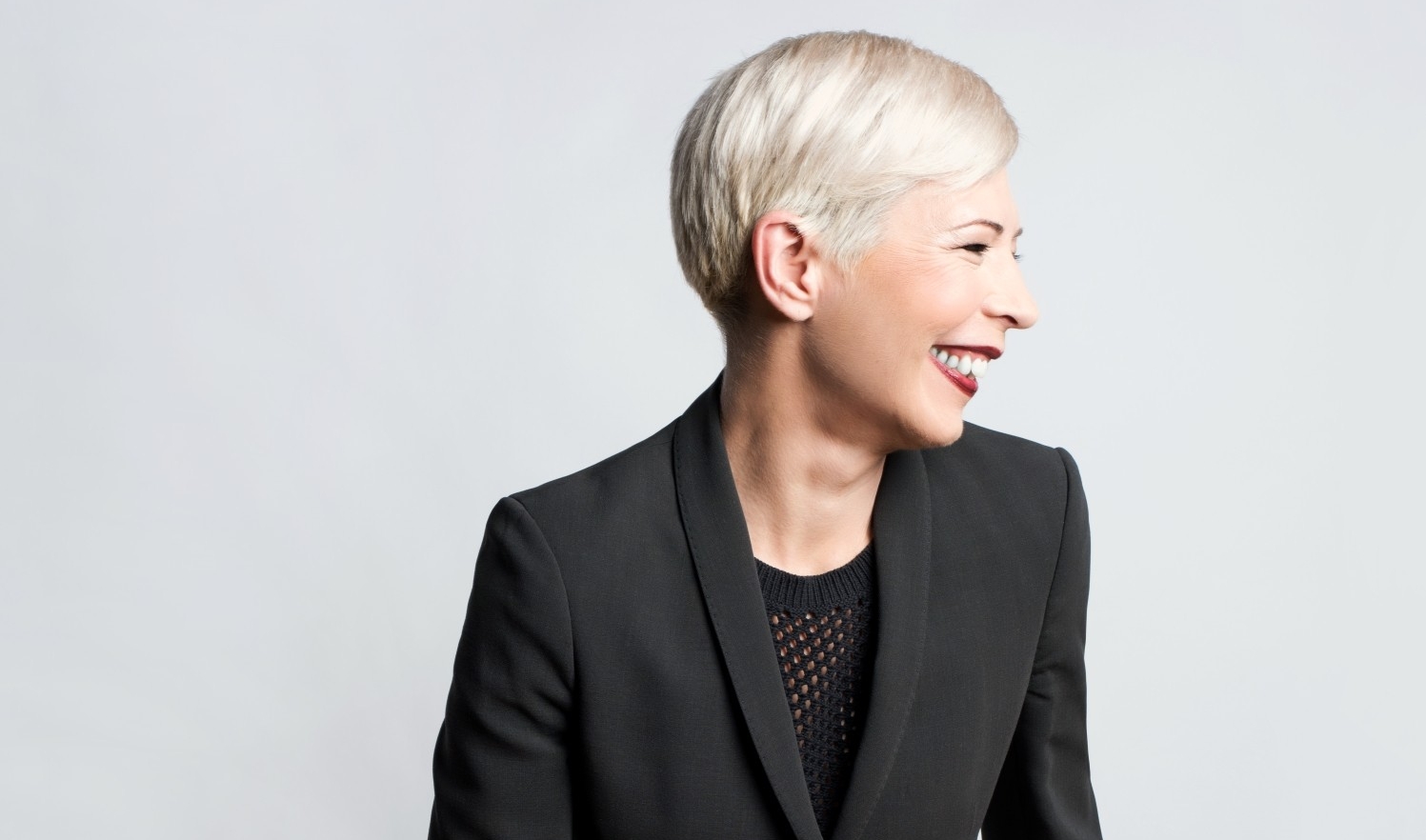Before finding her calling as a criminal-defence lawyer, Luba Szkambara, MA 95, had a wide-ranging career that led her everywhere from the arts to IT.
She says the storytelling skills she developed while pursuing her master’s degree in English at Concordia allowed her to find success across these vastly different ventures, and empowered her to directly change the course of people’s lives.
“The thread that connects everything in my career is an interest in language and how it works,” says the Toronto-based attorney with Heller, Hunter, Azevedo.
Szkambara credits her ability to reframe narratives as crucial to representing clients embroiled in difficult, often emotionally fraught cases such as fraud, assault and drug charges.
Encountering recurring themes of poverty, addiction and mental illness, Szkambara says part of her role is to help people caught in cycles of interactions with the legal system find better trajectories.
“Overwhelmingly, my clients’ lives have been characterized by trauma and marginalization in one way or another,” she says.
“It can be really hard to get a fair shake.”
‘A great intellectual life’
Szkambara says her interest in social justice blossomed at Concordia, where she studied feminist literary criticism and critical race theory. She was especially influenced by distinguished professor emeritus Judith Herz and professor emeritus Bina Freiwald, who supervised her thesis.
“As a younger academic and a feminist, it was great having such strong role models,” says Szkambara.
“You can't be interested in feminism without being interested in issues of sexuality. Those issues of morality run through my work now, such as how criminal law affects sex workers.”
Szkambara says Concordia gave her a rich learning experience, both in the classroom and through the enduring bonds formed with faculty and fellow students.
“I received a lot of support. It was a great intellectual life of fascinating seminars followed by stimulating conversations at the pub with my colleagues,” she says.
Szkambara’s close connections with her cohort took on a new perspective on December 6, 1989, when following an end-of-term party, she first heard news of the École Polytechnique Massacre.
“The fact that 14 women had just been shot and we were 14 women in a seminar room across town felt so poignant,” she says.
Technology translator turned ace law school student
After Concordia, Szkambara held positions at the artist-run A Space Gallery and the Between the Lines publishing house. She then became a freelance writer, which led her career in a very different direction: working in business development for tech companies during the dot-com bubble.
Although this shift did not satisfy her drive for social justice, it did reinforce her ability to find common ground between people with different perspectives.
“I was the conduit of information and translator between the technical workers and the end users,” she says.
Longing for a career with more opportunities to make a positive impact on society, Szkambara left the tech industry in 2003 to attend Toronto’s Osgoode Hall Law School. She thrived, receiving recognition and awards for her legal research and writing.
Her interest in social justice was fortified through her work at Parkdale Community Legal Services, a clinic offering advocacy, free of charge, to low-income individuals in the community.
“It’s a fantastic clinic in terms of what it gives the community as well as the first-hand experience it provides to law students lucky enough to get a place there,” she says.
Szkambara entered law school intending to pursue a career in human-rights advocacy. She later realized that the criminal-justice system, which disproportionately affects racialized and marginalized individuals, offered the greatest opportunities for her to directly combat inequities.
“Initially I wasn't interested in criminal law at all,” she says. “But what's the biggest human right if it isn't your liberty?”
In 2006, Szkambara articled with Heller Rubel (now Heller, Hunter, Azevedo) and has been practicing criminal-defence law with the firm since. She also served on the board of directors at Parkdale Community Legal Services from 2006 to 2010 and as secretary of the Ontario Bar Association’s criminal law panel.
Despite the challenges and heart-wrenching cases Szkambara often faces, she says she remains motivated to work in this field by the constant opportunities to enact social justice — helping people rewrite their stories and start new chapters in their lives.
“Advocacy really is about storytelling; allowing the court or the crown to see my clients in a different way,” she says.
 “Overwhelmingly, my clients’ lives have been characterized by trauma and marginalization in one way or another,” says Luba Szkambara.
“Overwhelmingly, my clients’ lives have been characterized by trauma and marginalization in one way or another,” says Luba Szkambara.